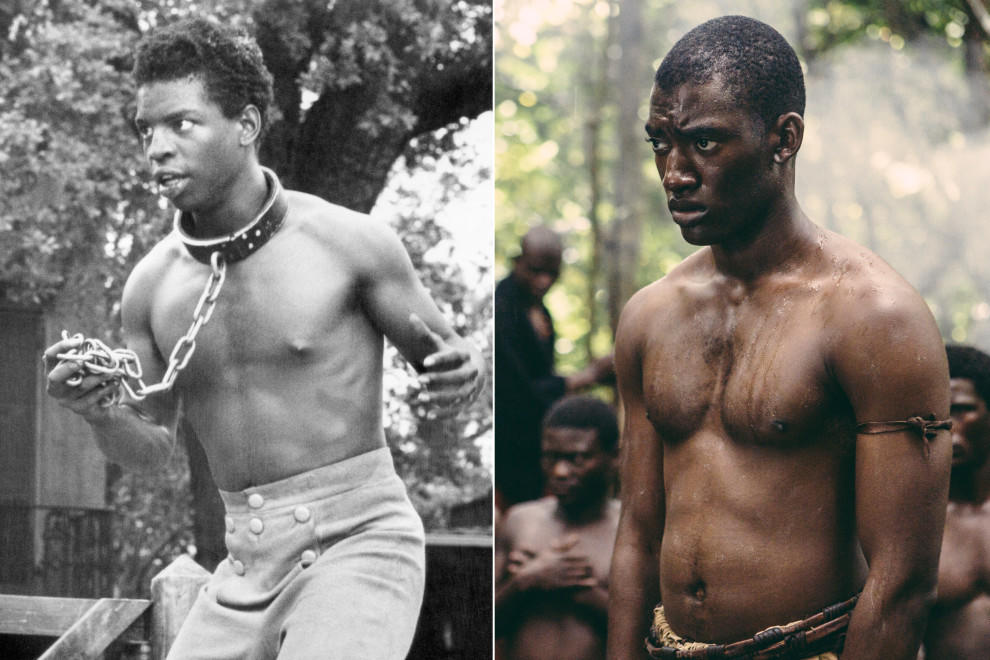Section Branding
Header Content
'Roots' Re-Opens A Painful Chapter In American History
Primary Content
A remake of the 1977 miniseries Roots premiered last week on the History Channel. It has reignited a conversation about the nation's painful past with slavery, but is it a conversation that still needs to be had?
Asia Gibson is a Kennesaw State University student. She believes that slavery narratives like Roots have run their course.
"The slave narrative, specifically through film produced by white Hollywood, is becoming rather repetitive and dare I say, repulsive. I'm emotionally drained by the harsh visuals of enslaved Africans. Maybe I am just have a hard time seeing the need to produce movies about that disgusting point in history more than a handful of times. To quote a friend, "we are the pillars of civilization on every corner of the planet. Our image is hidden in the indigenous history of all people on the planet. Our form of worship set the bar for every religion now known." Aside from Hollywood politics, why is it that we must start any riveting film starring black people at that point in history? Why not take it back to the early Egyptian or Kush civilizations? Not enough historical "juice" in those time periods? I'm quite sure there are just as many examples of love, survival, fighting and rape as we see in the slavery movies. It doesn't make it any better when movies about slavery in America are the ones that receive such high honors at industry awards shows while many other types of films with great Black actors are ignored. The critical acclaim only helps the cycle repeat. Yes, Black people are underrepresented in film, but I feel that we're over represented when it comes to our struggle. Yes, we've had the short end of the stick for some time. Yes, we have dealt with and continue to deal with the by-products of systematic and institutional racism. But we are so much more than underdogs who need an opportunity for a come-up. We are so much more than our past."
The new version of the Roots miniseries has attracted curiosity from a younger audience about the history of Africans in America. But does the famous story of Kunta Kinte resonate differently today? We talk with Morehouse College professor Stephane Dunn and Arizona State University professor Matt Delmont, who is the author of the forthcoming book, "Making Roots: A Nation Captivated."



